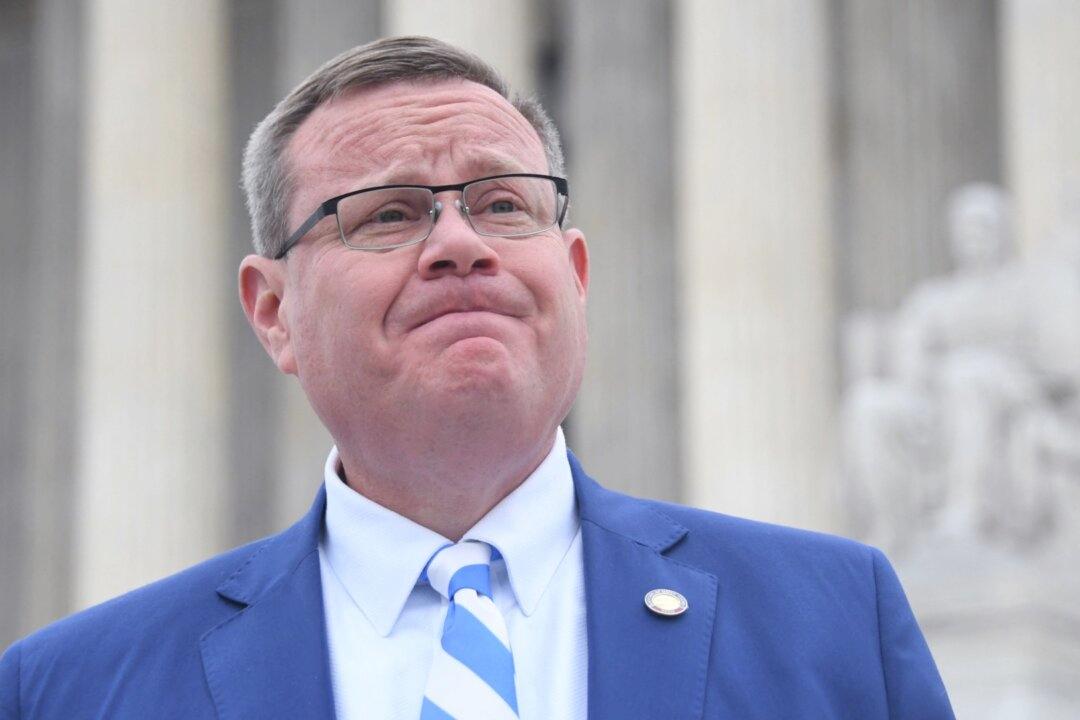North Carolina legislative leaders reached an agreement on March 2 to expand Medicaid to hundreds of thousands of additional low-income adults through the Affordable Care Act, also known as Obamacare.
The deal, which marks a milestone for Republican lawmakers—many of whom had until recently been opposed to the idea—will likely pass through North Carolina’s General Assembly, according to House Speaker Tim Moore and Senate leader Phil Berger.




